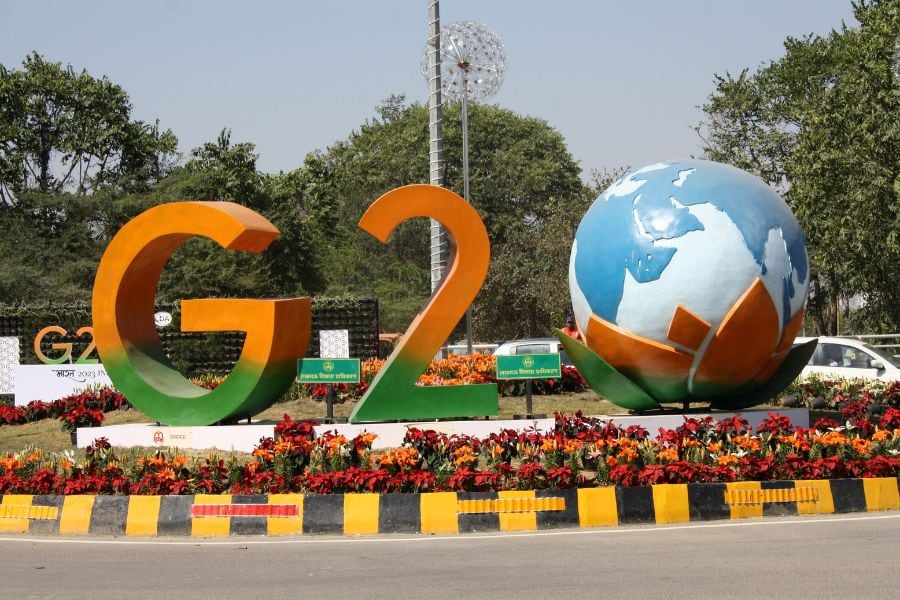G20 Leaders Push For A Unified Crypto Market Framework By 2027
The framework involves an annual exchange of information on crypto transactions from relevant platforms to enhance transparency in the crypto market


 Image: Shutterstock
Image: Shutterstock
The G20 leaders announced a push for a globally cohesive approach to regulating crypto market assets at their 2023 Summit in New Delhi, allowing information about crypto transactions to be automatically exchanged between countries.
"We call for the swift implementation of the Crypto-Asset Reporting Framework (CARF) and amendments to the CRS [Common Reporting Standard]. We ask the Global Forum on Transparency and Exchange of Information for Tax Purposes to identify an appropriate and coordinated timeline to commence exchanges by relevant jurisdictions," stated a consensus declaration signed by G20 leaders.
CARF, initiated by the Organisation for Economic Cooperation and Development (OECD) in 2022, was rolled out with one primary objective: granting tax authorities greater visibility into crypto transactions. A significant component of this proposal is the annual automated information exchange covering crypto transactions occurring on the lesser-known, unregulated exchanges and wallet providers.
The G20"s endorsement doesn"t end at the CARF. It also incorporates recommendations from the Financial Stability Board, which covers the "Regulation, supervision and oversight of crypto-assets activities and markets and global stablecoin arrangements". According to the guidelines, stablecoins must adhere to the same regulations as traditional banks. The recommendations assert the need for stricter supervision to prevent any actions that hinder the identification of involved parties.
G20 nations house two-thirds of the planet"s populace. Several countries would be thus affected by this framework, including Argentina, Australia, Brazil, Canada, China, France, Germany, India, Indonesia, Italy, Japan, Mexico, Russia, Saudi Arabia, South Africa, South Korea, Turkey, the United Kingdom and the United States, as well as the European Union.
However, it"s worth noting that this isn"t an entirely new frontier for legislation. The European Union unveiled updated rules earlier this year in alignment with the CARF. These rules dictate enhanced transparency for digital asset transfers. Any digital asset movement must now be flanked by clear identifying markers – the recipient"s name, unique ledger address, and account number.
The G20 countries, given their significant populations and economic influence, find themselves in a unique position to shape the crypto market. However, with great power comes great responsibility. The choices they make will influence the future of digital transactions.
It is commendable to introduce global governance norms in the volatile sector of the crypto market, but establishing global standards is one thing and enforcing them presents an entirely different challenge. Will the G20 follow through on their ambitious promises? The global crypto space will watch with bated breath.
Shashank is the founder of yMedia. He ventured into crypto in 2013 and is an ETH maximalist. Twitter: @bhardwajshash
First Published: Sep 12, 2023, 17:30
Subscribe Now